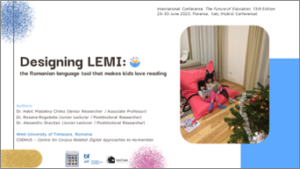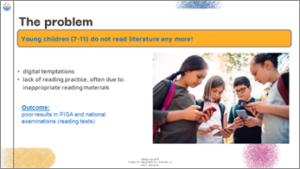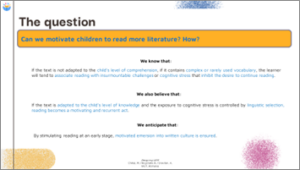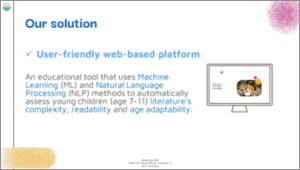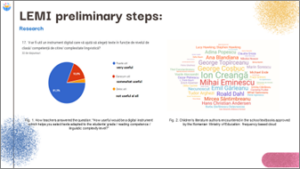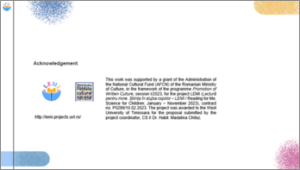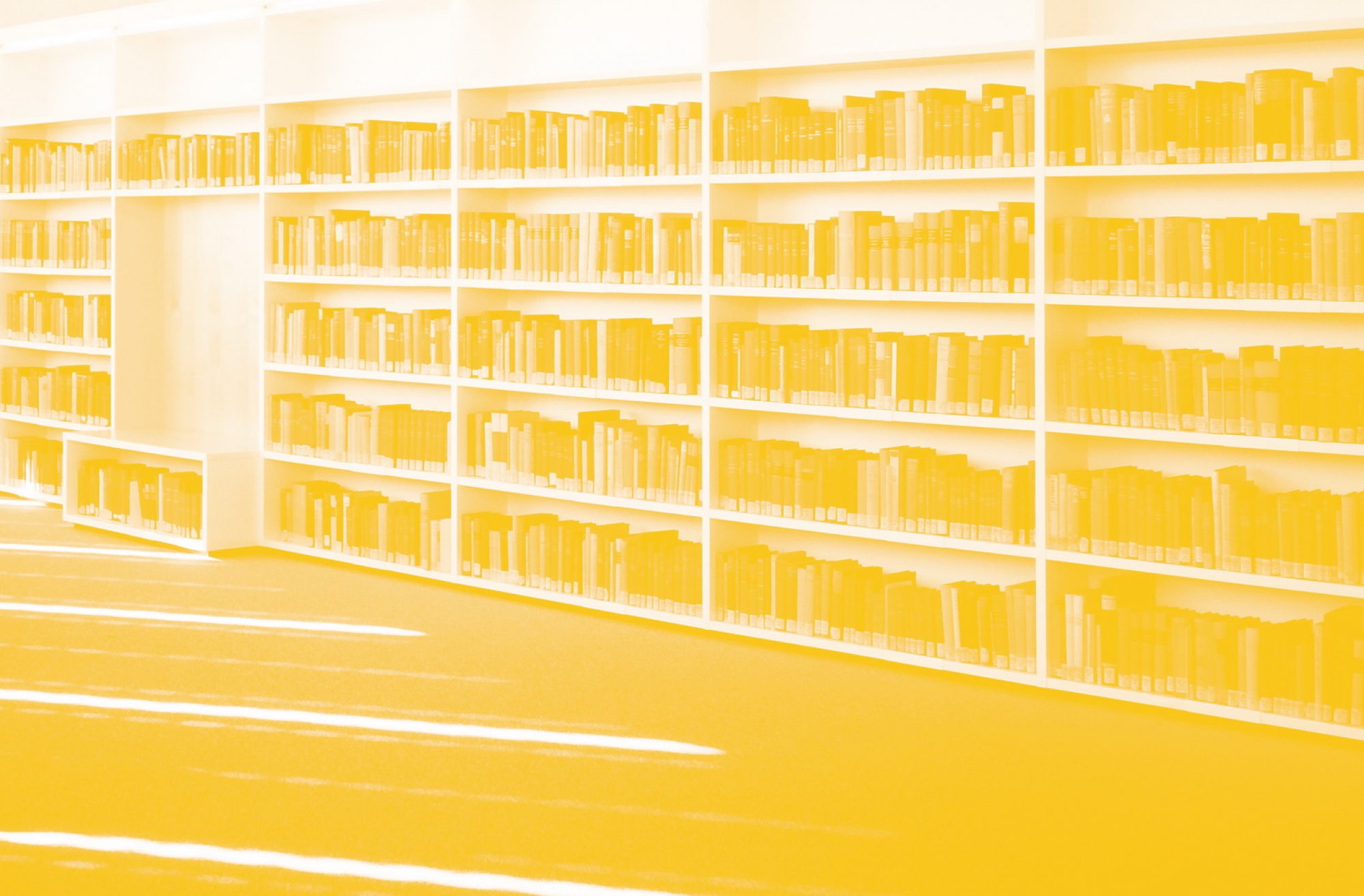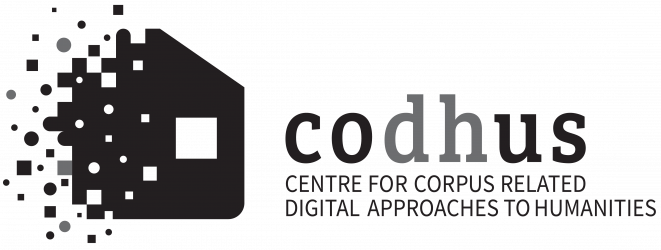Echipa CODHUS, reprezentată de Mădălina Chitez, Roxana Rogobete și Alexandru Oravițan, a prezentat lucrarea „Designing LEMI: the Romanian language tool that makes kids love reading” (vezi extras din prezentare mai jos) în cadrul conferinței „13th International Conference Future of Education, Florența, Italia, organizată în perioada 29-30 iunie 2023, de către Pixel, Florența (onsite și virtual). Prezentarea face parte din proiectul LEMI (Lectură pentru mine. Știința în slujba copiilor), susținut de prin grantul AFCN / Administrația Fondului Cultural Național în cadrul sesiunii I/2023), aria Promovarea Culturii Scrise, nr. P0299/10.02.2023, acordat Universității de Vest din Timișoara pentru propunerea depusă de coordonatorul proiectului, CS II dr. Habil. Madalina Chitez.
Rezumatul prezentării:
The International Association for the Evaluation of Educational Achievement (IEA), engaged since the 60s in the evaluation of education, defined reading ability as: “the ability to understand and use those forms of written language required by society and/or valued by the individual. Young readers can construct meaning from a variety of texts.” [1]. In this context, reading is an essential competence that impacts children’s lives in many aspects. In Romania, according to the school curricula valid for primary education, when the early stages of reading activities take place, school reading covers the general competence of “reading written messages” but also “expressing interest in reading simple texts, supported by imagery”, or “appreciating the value of books”. Thus, the school curriculum assumes a direct link between reading activities and increasing the motivation to read. But the absence of a rigorous way of structuring information based on cognitive progression and systematicity produces the opposite effect: a lack of desire for reading. The attraction of young schoolchildren to literature is deficient in many ways: the temptation of the digital environment as a recreational refuge and the lack of reading practice, primarily due to inappropriate selection criteria of materials and their adaptation to the specifics of the educable, contribute to increased rates of functional illiteracy and school dropout, which automatically translate into poor results recorded in the PISA tests [2]. Despite the wide range of school textbooks and compulsory supplementary reading activities, no unified school reading recommendations based on linguistic research have measured the complexity of the recommended texts specific to each age or competence level category. A team of linguists from the CODHUS (Centre for Corpus Related Digital Approaches to Humanities) research centre of the West University of Timișoara, Romania, has recently (January 2023) initiated a research project in which such problems are addressed and integrated into a literacy support tool: LEMI. This tool includes several functionalities: a children’s literature repository searchable according to selected criteria, the automatic assessment of short reading text complexity and a children’s reading recommender system. This paper will present the tool’s design and showcase its basic functionalities. We will also explain how linguistic research has contributed to the creation of this tool and highlight the didactic applicability of this new Romanian language instrument.
Cuvinte-cheie: LEMI, children’s literature repository, text complexity automatic assessment for Romanian, literacy support tool
Extrase din prezentare și imagini de la conferință:
